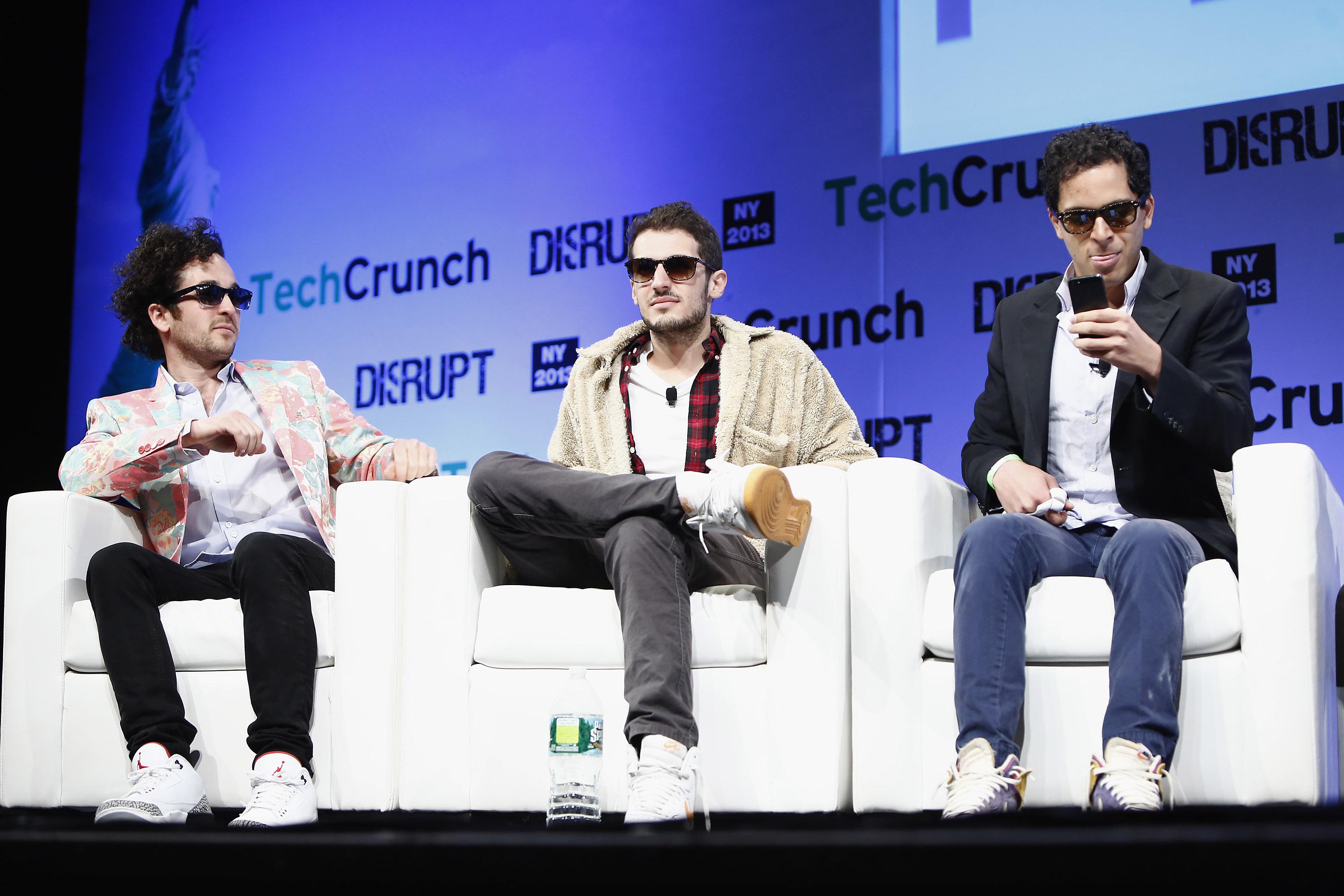Lyric sites have long been a staple of the Internet—a quick Google search will lead you to a plethora of information on the words to most any song you can imagine (with varying degrees of accuracy).
But the National Music Publishers Association is now claiming that the majority of those providers are “blatant[ly] illegal,” and has issued a takedown notice to 50 sites in advance of possible copyright lawsuits. Popdust, Allthelyrics.com, and Rap Genius are among the targeted companies. (They are not going after personal blogs or fan sites, they say.)
As copyright lawyer Lloyd Jassin explained to me, it’s hard to argue with the NMPA: “Reproducing, distributing and displaying lyrics online without permission of the copyright owner, for commercial purposes, is a blatant infringement.” Even the guys behind Rap Genius don’t seem to be disputing the claim. Co-founder Ilan Zechory had this to say in his response to the notices: “We can’t wait to have a conversation with them about how all writers can participate in and benefit from the Rap Genius knowledge project.”
The “knowledge project” Zechory speaks of is precisely what sets Rap Genius apart from many other lyric databases: Its interactive interface prompts users to annotate individual lyrics (which are sometimes verified by the rappers themselves). Zechory lays out the distinction even further in his statement:
“The lyrics sites the NMPA refers to simply display song lyrics, while Rap Genius has crowdsourced annotations that give context to all the lyrics line by line … These layers of context and meaning transform a static, flat lyric page into an interactive, vibrant art experience created by a community of volunteer scholars.”
Zechory seems to be strongly implying here that the posting of lyrics on Rap Genius should fall into the legal category of “fair use,” because it is using them “for purposes of commentary and criticism.” Would that defense hold up in court?
Maybe. When determining the fairness of this “use,” Jassin explains, judges would likely consider the nature of the copyrighted work, how much of the copyrighted work is “borrowed,” whether the site “encourages scholarship, research, education or commentary,” and how the usage affects the “actual or potential market value of the original work.”
In order to effectively prove their case against copyright infringement, a lyric site might need to demonstrate that as many as three of these four indicators are in their favor. For a site such as Rap Genius, the first could fall on their side. But when it comes to the other three factors, the NMPA has a stronger case. “Using highly creative works [like song lyrics] without permission of the owner” is less likely to fall under fair use than using a more informational piece of work, such as a news article, Jassin explains. Many lyric sites display the content in question in its entirety for reasons that are not clearly academic or scholarly. And music publishers often license their lyrics to magazines and book publishers, which means that the NMPA and artists could be losing money to the sites.
Some may argue that posting lyrics of the song does not mean they are borrowing the work in full—the musical accompaniment and vocal tracks are missing, after all. But, according to entertainment lawyer John J. Tormey III, federal law allows the rights-holder “exclusive rights in the music (alone)” and the lyrics alone. And, as Tormey notes, Section 106 of the Copyright Act gives the rights-holder the sole right to reproduce and to distribute copies of the work. “Inherent in those exclusive rights,” he says “is also the right to decide not to do so.”
If the NMPA does win, Jassin says that it could enforce “retroactive license agreements” with the Web sites. Tormey suggests that Rap Genius’ willingness to cooperate with the NMPA could very well lead to “more creativity, more incentive to create, and more engagement on the part of the music-buying public.” But that won’t change the fact that, as he says, “some songs really can’t be improved upon, and really do speak for themselves.”
Update, November 14, 2013: Billboard now reports that Rap Genius entered into a licensing deal with Sony/ATF Publishing “earlier this year,” though this only covers a small portion of the site’s songs. Rap Genius co-founder Tom Lehman has stated that they are currently working with other publishers to procure more deals.
